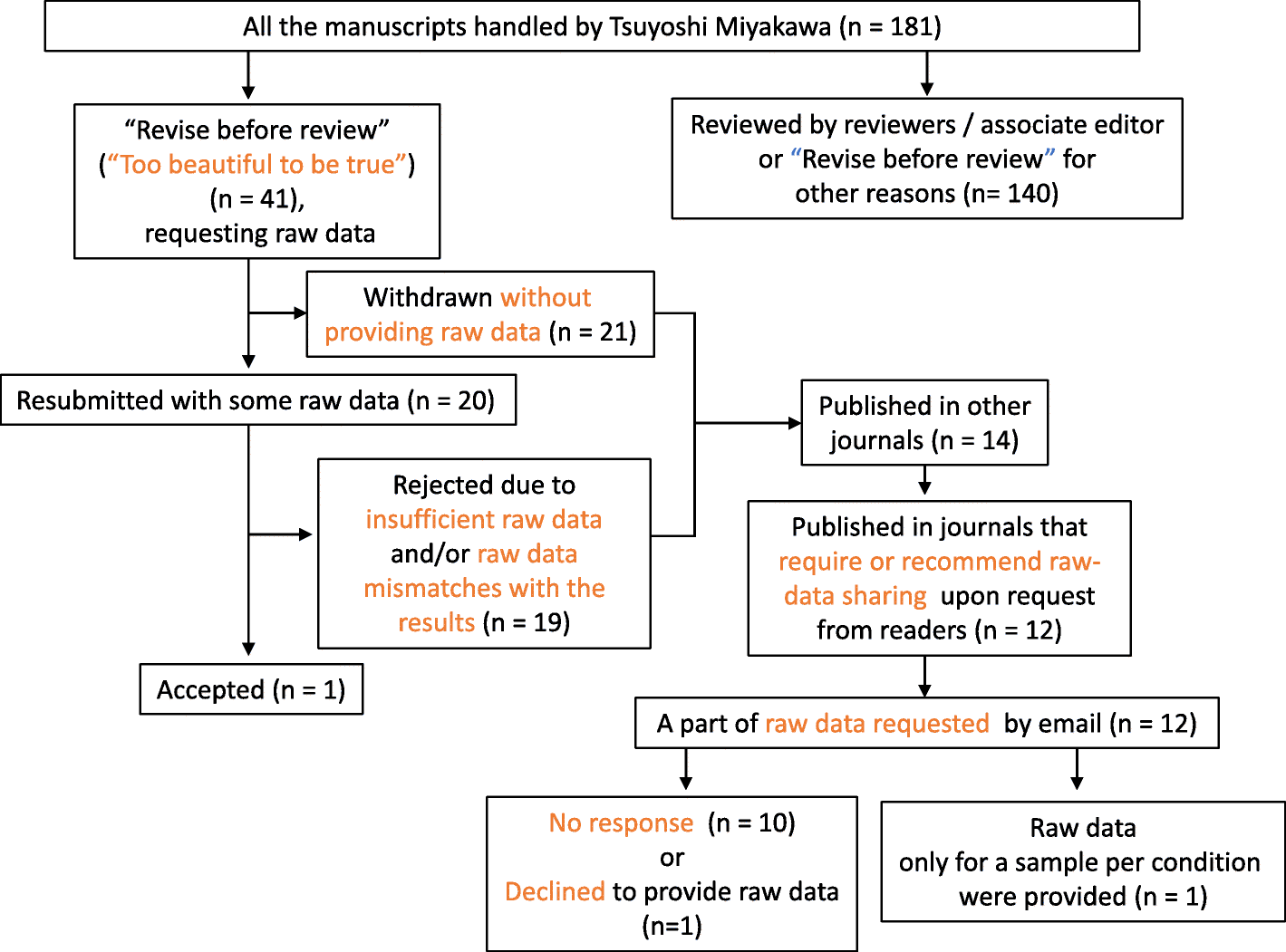Could you prepare a TLDR? I got lost amongst all the arguments for an impact assessment at the start and lost the will to live soon after that.
Basically, asking Parliament to vote through mandating vaccination (for the first time in over 100 years) in an inconsistent fashion (only workers operating in care settings but not those being cared for, or NHS workers), especially without compelling reasons for doing so in the form of an impact assessment on which they could base their decision and without majority approval from those surveyed who provided feedback AND whilst having mislead Parliament in the process, is likely to be highly counterproductive when there’s so little trust in the govt. and they’re being very heavy handed rather than respond to the concerns of medical staff.
The govt. should instead take a leaf out of Wales and Scotland’s books, which have managed far higher levels of total vaccination amongst staff in care settings without needing to mandate it by law.
RE the lack of impact assessment provision, I think one of the best speeches made was, surprisingly enough, from a fellow Tory MP Christopher Chope:
“It is a pleasure to follow
Dr Allin-Khan. I am delighted that the Official
Opposition share my view and that of many of my colleagues that these are bad regulations and that they should be opposed this evening.
Both the Welsh and Scottish Governments, as I understand it, are against this type of regulation. The
Minister told us that other Administrations were watching, but this Administration should be watching what the other Administrations are doing and following their lead. I must say that this was probably the most depressing performance from a Minister that I have listened to in this House. She showed a cavalier disregard for the conventions and courtesies of this House, and, as she has admitted to, she completely breached the rules under the Government’s better regulation framework, which is designed to inform decision making for regulations that affect businesses and individuals in this country. When criticised, the Minister’s response is best described as dumb insolence, and that is just not good enough. One question that I would have liked to ask in an
intervention was: what is the Government’s rationale for not requiring care home residents to be vaccinated?
These regulations were laid on 22 June. There was an accompanying explanatory memorandum that expressly referenced a full impact assessment. It said:
“A full impact assessment of the costs and benefits of this instrument is available from the
Department of Health and Social Care…and is published alongside this instrument and its Explanatory Memorandum”.
The Minister has not explained what has happened to it, whether it ever existed, and whether it contained information that she found embarrassing and has therefore been suppressed.
An impact assessment is not an optional extra. As the
Secondary Legislation Scrutiny Committee made clear in its report of 6 July: “An impact assessment is a fundamental tool for those who wish to scrutinise legislation before nodding it through”. Indeed, an impact assessment should be cleared by the Minister before the proposals are brought forward. The Government’s better regulation framework principles, set out in March 2020, says:
“Where government intervention requires a legislative or policy change to be made, departments are expected to analyse and assess the impact of the change on the different groups affected – which should generally take the form of an impact assessment.”
That has not happened. Why has it not happened? I put down some parliamentary questions about this, because I feared that we would not get the impact assessment, and those questions have received holding answers rather than substantive answers. One asked what estimate he has made
“of the number of employees in…England who will face dismissal from their employment as a result of the enactment of regulations …and whether those staff will be eligible for compensation”.
There was not an answer to that, and there has not been one so far today. I then asked what estimate has been made
“of the number of staff employed in care homes in England who have not been vaccinated against covid-19 for (a) clinical reasons and (b) reasons of personal choice including religion, belief and conscience”.
Again, no answers—not even to parliamentary questions. How can we hold the Government to account if they will not even answer our questions?
My constituents are absolutely livid about what is being proposed. I will not quote extensively from a letter that I received from Mr Davis from Ferndown, but he says that it is completely wrong and unethical and that it makes no sense. An
NHS consultant in Christchurch says that, “Mandatory vaccination would be crossing the Rubicon on medical choice, medical confidentiality and bodily autonomy.” These are vital elements of the right to privacy. A Christchurch care home manager to whom I have spoken has said that the whole proposal “undermines” the need for parity of esteem between care workers and NHS workers.
You may have seen, Madam
Deputy Speaker, the article in the
British Medical Journal on 8 July, which says that, while it may reduce the risk of transmission, vaccination
“is not a panacea for safety”.
Why are we not saying that people who have had previous infection and got immunity from that are exempt from these regulations? I think that this is an unnecessary, disproportionate and misguided proposal. I hope that, given what has happened in Scotland and Wales, we reject these regulations and put the Minister out of her misery.”
RE the consequences of such a piece of legislation, probably the best speech was by MP Dr. Rosina Allin-Khan:
“The
UK Government should learn from the fantastic work of the Labour-led Welsh Government, who are running the fastest vaccine programme in the world and have vaccinated a far greater proportion of their staff than England; yesterday’s figures showed that almost 95% of care home residents and 88% of care home staff are double vaccinated. Wales has rejected compulsory vaccinations and instead chosen to work closely with the care sector to drive take-up, as well as valuing the workforce with a proper pay rise. That is the sort of leadership that is needed here.
A failure of leadership here will place the care sector in an even more precarious situation, with even fewer staff than at present. There are serious warnings from the care sector that the Government’s plan could lead to staff shortages in already understaffed care homes. That would have disastrous consequences on the quality of care. More than 100,000 posts in the care sector are currently unfilled, with recruitment and retention already extremely difficult due to low wage levels for difficult and demanding jobs. Not only could this plan have a disastrous impact on those relying on care, but the stress and trauma placed on their relatives will affect so many across the country. We already have a social care crisis. Let us not deepen it.
These proposals are at odds with the Government’s decision to throw caution to the wind by making social distancing and mask wearing optional and up to individuals to decide on. It makes no sense. Surely forcing workers to receive a vaccine is at odds with the individualism that the Government seek to promote at every opportunity. It seems odd that care workers are being singled out. Why is there a different rule for them? Are the Government hoping that the public will simply forget about their failure to protect care homes over the past year? Is that what is going on here?
Forcing carers to choose between losing their job and taking a vaccine that they are afraid of is inhumane. These are people who often work for less than the minimum wage. They are incredibly vulnerable people and their voices must be heard. Many of these people have lost multiple family members during the pandemic. They are being asked to put their faith in a vaccine that they are afraid of. The Government need to be doing more to tackle misinformation, promote the positive benefits of taking up the vaccine and support care home staff to do so. They have not been doing enough to support care workers who have done so much during the crisis. They should be focused on driving up standards and staff retention by treating care workers as the professionals they are, with improved pay, terms and conditions and training.
We have a moral imperative not to force people to take a vaccine that they are afraid of, so I urge the Government to listen to our care workforce. Surely they deserve at least that after the last year.”









